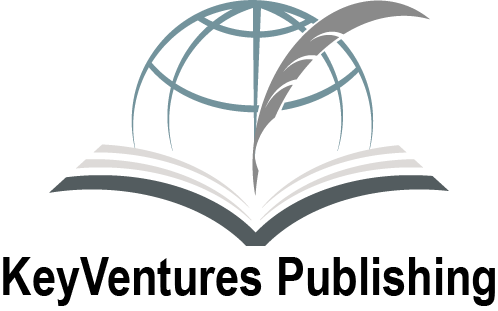So, you’ve finished writing your book, and now you’re faced with a crucial decision: how to get it published? In today’s publishing landscape, authors have two primary options: traditional publishing and self-publishing. Each path has its pros and cons, and the choice you make can significantly impact your journey as an author.We will explore both traditional and self-publishing, helping you understand the differences and guiding you toward the best option for your book.
(Traditional Publishing)
Traditional publishing is the time-tested route in which authors submit their manuscripts to publishing houses or literary agents. If accepted, the publisher handles the editing, production, distribution, and marketing of your book. Here’s how to navigate this path:
1.Write a Stellar Query Letter: If you’re seeking an agent or publisher, you’ll need to craft a compelling query letter and proposal that highlights your book’s strengths, your target audience, and your author platform (if applicable).
2.Research Agents and Publishers: Look for literary agents or publishers that specialize in your genre. Personalize your queries to the right professionals to increase your chances of success.
3.Prepare to Face Rejection: Rejection is common in the traditional publishing world. Don’t be discouraged by rejection letters; it’s part of the process. Keep submitting and improving your manuscript.
4.Negotiate Contracts: If you secure a publishing deal, you’ll need to negotiate the terms of your contract, including advances, royalties, and rights. It’s advisable to consult with a literary attorney before signing.
5.Editing and Production: Once accepted, your manuscript will go through an editorial process. The publisher handles cover design, formatting, and printing.
6.Marketing and Promotion: While publishers assist with marketing, authors are expected to promote their books actively. Attend book signings, engage on social media, and build your author platform to boost sales.
(Self-Publishing)
Self-publishing empowers authors to take control of the entire publishing process. You are responsible for editing, formatting, publishing, and marketing your book. Here’s how to navigate this path:
1.Edit and Polish: Before self-publishing, ensure your manuscript is professionally edited and proofread. High-quality content is essential for success.
2.Design a Captivating Cover: Invest in a professionally designed book cover. A visually appealing cover is crucial for grabbing readers’ attention.
3.Formatting and Publishing: Format your book for digital and print publication. Platforms like Amazon Kindle Direct Publishing (KDP) and IngramSpark make it easy to self-publish your work.
4.Set a Competitive Price: Research the market to determine a competitive price for your book. Keep in mind your target audience and genre when pricing.
5.Market and Promote: Effective marketing is key to self-publishing success. Build an author platform, utilize social media, run promotional campaigns, and consider paid advertising.
6.Seek Professional Help: If needed, hire professionals for tasks like cover design, formatting, and marketing. Self-publishing doesn’t mean you have to do everything on your own.
The choice between traditional publishing and self-publishing ultimately depends on your goals, preferences, and the specific nature of your book. Traditional publishing offers the prestige of being published by a renowned house but can be challenging to break into. Self-publishing provides creative control and potentially higher royalties but requires a significant investment in time and effort.
Consider your long-term objectives and the level of involvement you desire in the publishing process. Many authors today opt for a hybrid approach, combining elements of both traditional and self-publishing to maximize their book’s success. Whichever path you choose, remember that the journey of publishing is as unique as your writing itself, and the key to success is dedication, perseverance, and a passion for storytelling.


